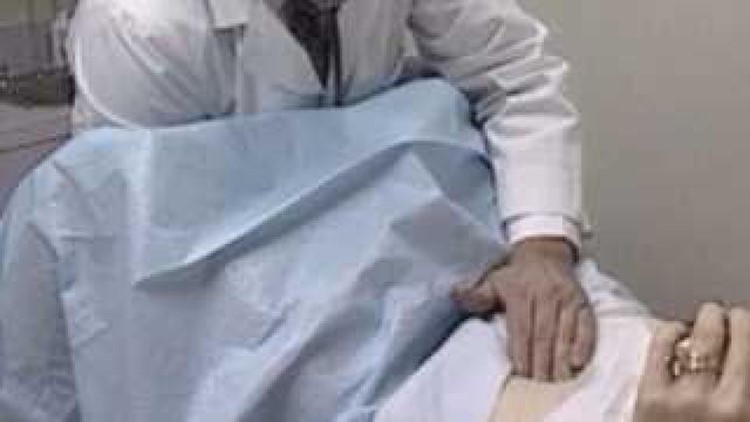The Centers for Disease Control and Prevention calls cervical cancer "highly preventable" in the United States. Unlike a lot of other types of cancer, cervical is very treatable, if it's found early.
According to the CDC, cervical cancer used to be the leading cause of cancer death for women in the us. However, in the past 40 years, that has changed and it all has to do with screening.
The decline is largely the result of women getting a regular test called a pap test, which can find cells in the cervix that are precancerous, before they turn into cancer.
"The vast majority of women that actually get this type of disease have not been screened in a long period of time," said Dr. Hans Cassagnol, OB-GYN.
He is an OB-GYN at Geisinger Wyoming Valley Medical Center near Wilkes-Barre.
He says the first step in protecting yourself is knowing the risk factors:
- you are more likely to develop cervical cancer if you or a partner have had many sexual partners,
- if you started sexual activity at a young age,
- if you have other sexually transmitted diseases,
- if you have a weak immune system,
- or if you smoke.
Your sexual history is important because of what's called HPV, or Human Papillomavirus, a sexually-transmitted infection.
"There's unfortunately, or fortunately depending how you look at it, a very close link between HPV and cervical cancer," added Dr. Cassagnol. "There's approximately 4 of them that are very closely linked to about 90% of cervical cancer."
The doctor notes that testing positive for HPV is common and does not mean you will develop cervical cancer. Most people's immune systems are strong enough to take care of it.
Finally, there are a few symptoms that you may have cervical cancer, including abnormal vaginal bleeding and/or pelvic pain.
"Unfortunately once someone is having pelvic pain, it's usually because the disease has significantly progressed at that time," said Dr. Cassagnol.
This is why when it comes to cervical cancer, it's all about screening, not waiting for symptoms.
The recommendation used to be that all women get a pap test once a year.
Dr. Cassagnol says that has changed somewhat, depending on your age and your risk factors.
So, as always, the best thing to do is talk to your own doctor.



